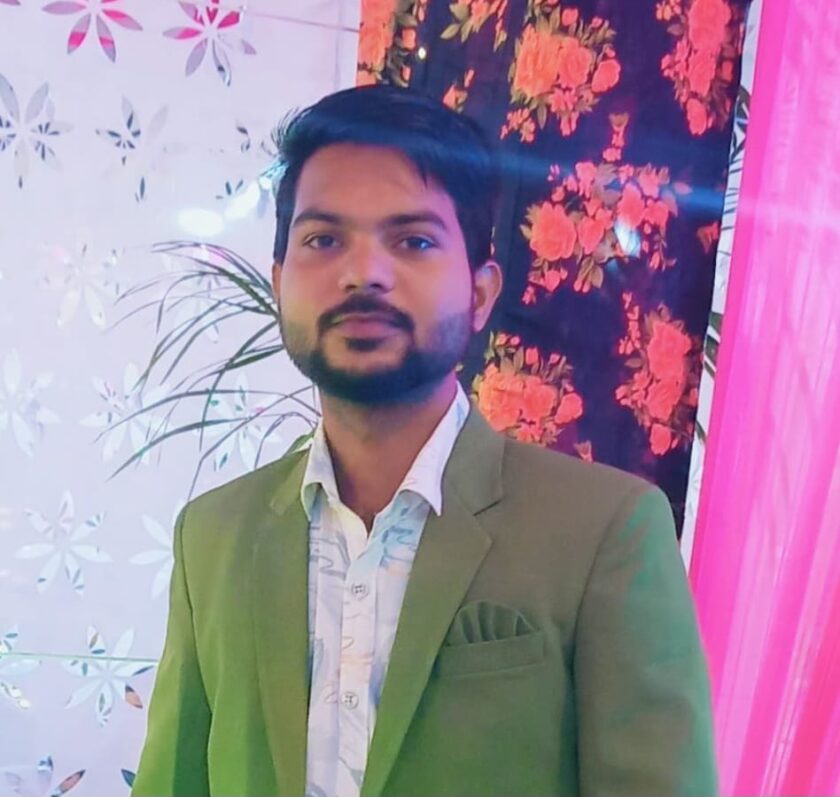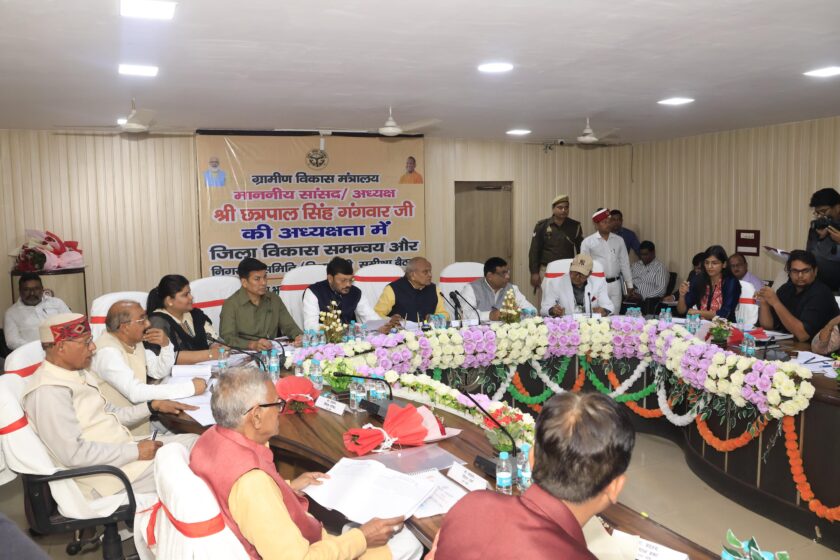Lucknow: In the serene city of Lucknow, where tradition meets craftsmanship, one man’s vision has revived a 400-year-old art form and transformed lives in the process. Nitesh Agarwal, a school dropout from a modest background, is now at the helm of Triveni Chikan Arts, a Rs 7 crore enterprise exporting the elegance of Chikankari embroidery to over 40 countries. His story is a rare blend of resilience, innovation, and deep-rooted cultural pride.
From Dropout to Dreamer
Born into a middle-class family, Nitesh’s dreams were nearly cut short due to financial hardships. He dropped out of school at 17, uncertain of the future. In 2005, he stumbled upon an old exporters’ directory—a find that sparked a new path. Enchanted by the beauty and legacy of Chikankari, Nitesh saw global potential in this intricate hand embroidery once patronized by the Nawabs of Awadh.
Despite having no training or capital, he posed as a manufacturer and secured his first order of 1,000 sarees. That daring move marked the beginning of a remarkable journey.
Birth of Triveni Chikan Arts
In 2011, with just Rs 13,000 borrowed from a client, Nitesh launched Triveni Chikan Arts from a tiny shop in Chowk, Lucknow. Starting with local trading at slim margins, he quickly turned Rs 1 lakh in profit within three months. His real breakthrough came in 2012 with an export order worth Rs1.5 crore to South Africa.
That experience taught him not only business strategies but also the art of tailoring traditional designs for international markets. From that point on, Triveni’s growth was unstoppable. By 2019, the company’s annual turnover reached Rs 3 crore, and it only soared higher from there.
Empowering Women, Stitch by Stitch
At the heart of Triveni’s success lies Nitesh’s unwavering commitment to social impact. Chikankari is a heritage craft dominated by women artisans—many from rural backgrounds. Today, Triveni Chikan Arts partners with over 2,000 women artisans and 50 tailors, providing them with income 50% higher than market rates.
A single Chikankari saree can take up to three months to complete, involving techniques like shadow work, phanda, and murri. Nitesh ensures these women are not just paid fairly but are also respected as cultural custodians.
Scaling Up Globally

To compete globally, Nitesh reinvented traditional Chikankari without losing its soul. He introduced contemporary silhouettes and extended the product range to include lehengas, stoles, dupattas, kurtas, shawls, and even embroidered footwear. Premium fabrics like silk, georgette, and cotton ensured international appeal.
By 2024, Triveni had exported 1.46 lakh handmade pieces in its largest-ever order worth Rs 5 crore. Countries like the US, UK, Australia, and Singapore became key markets. Nitesh’s upcoming plan to launch physical outlets in New York shows his ambition to make Chikankari a globally recognized fashion identity.
Challenges and Resilience
The journey, however, wasn’t free of obstacles. Nitesh battled the growing influx of machine-made knockoffs, GST hurdles, and the aftershocks of demonetization. But his guiding principles—honesty, patience, and teamwork—helped him withstand these storms.
He has also been vocal about the need for policy support: faster GST refunds, stricter quality controls, and infrastructure aid to protect India’s handloom legacy.
Inching for the Next big Leap
Nitesh’s vision for Triveni Chikan Arts is rooted in purpose. He wants the brand to stand for more than profit—focusing on sustainability, artisan welfare, innovation, and storytelling through craft. Plans are underway to introduce eco-friendly packaging and blockchain-based authenticity tools to combat counterfeits.
From a 17-year-old dropout with nothing but an idea, to the architect of a thriving global enterprise, Nitesh Agarwal’s journey is nothing short of inspirational. With Triveni Chikan Arts, he has preserved a cultural treasure, empowered thousands of women, and positioned Lucknow’s heritage on the world map.
His story proves that vision backed by integrity can not only change lives—it can preserve legacies for generations to come.









